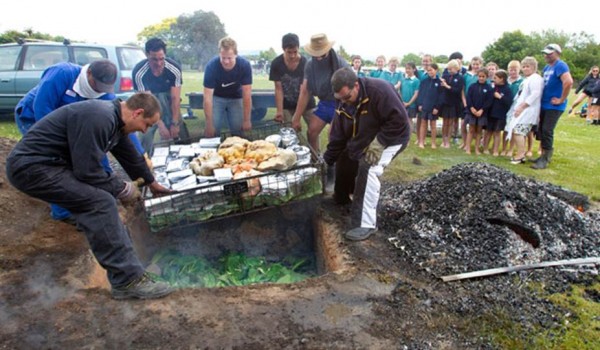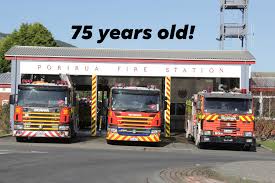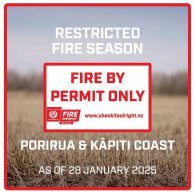Fire Safety Advice – Cultural Use Of Fire
If you’re planning a fire for a BBQ, hangi, umu, braai, or lovo; it’s important you take steps to reduce the risk of that fire getting out of control.
Before the bbq, hangi, umu, braai or lovo
- Check the fire season before planning your fire. In prohibited fire seasons, consider alternative cooking methods.
- You may need to apply for a fire permit. The rules around fire permits vary depending on the region you’re in. If you’re not sure, contact Fire and Emergency NZ.
- Even if you don’t need a fire permit, it’s a good idea to get in touch with your local Fire Brigade 2 days before the fire and let them know what you’re planning. This way they’ll know the fire is planned and will be ready to respond if something goes wrong.
- Tell your neighbours about the fire as well, so they know not to call the Fire Brigade.
Ensuring your bbq, hangi, umu, braai or lovo is safe
- Set your fire away from any trees and buildings. It’s not just open flames that can cause a fire. Radiated heat could also cause things to catch alight.
- Remove any fuel sources in the immediate area of the fire, such as grass and dry leafy foliage around the base of the fire pit.
- Only burn in light wind or still conditions.
- Have a water supply readily available. You might use the container that is soaking your ‘sugar bags’.
- Use clean burning fuel such as untreated, dry wood. Don’t use rubbish or plastic in your fire.
- Use a non-flammable material, like sheets of old roofing iron, to protect the fire from wind. This allows the fire to burn evenly and reduces the chance that the wind will blow embers into flammable areas.
- You should also use the non-flammable material to place the embers from the fire to cool, and be extinguished, while your hangi, umu or lovo is cooking, as demonstrated in the image below.

- Minimise the amount of smoke your fire emits by keeping it hot.
- Have a responsible adult supervising the fire at all times.
- Make sure all embers are out and safely disposed of before you leave the fire.
You can find more information in our guide to outdoor cooking fires.
information courtesy of Fire and Emergency New Zealand



 CHECK ITS ALRIGHT
CHECK ITS ALRIGHT